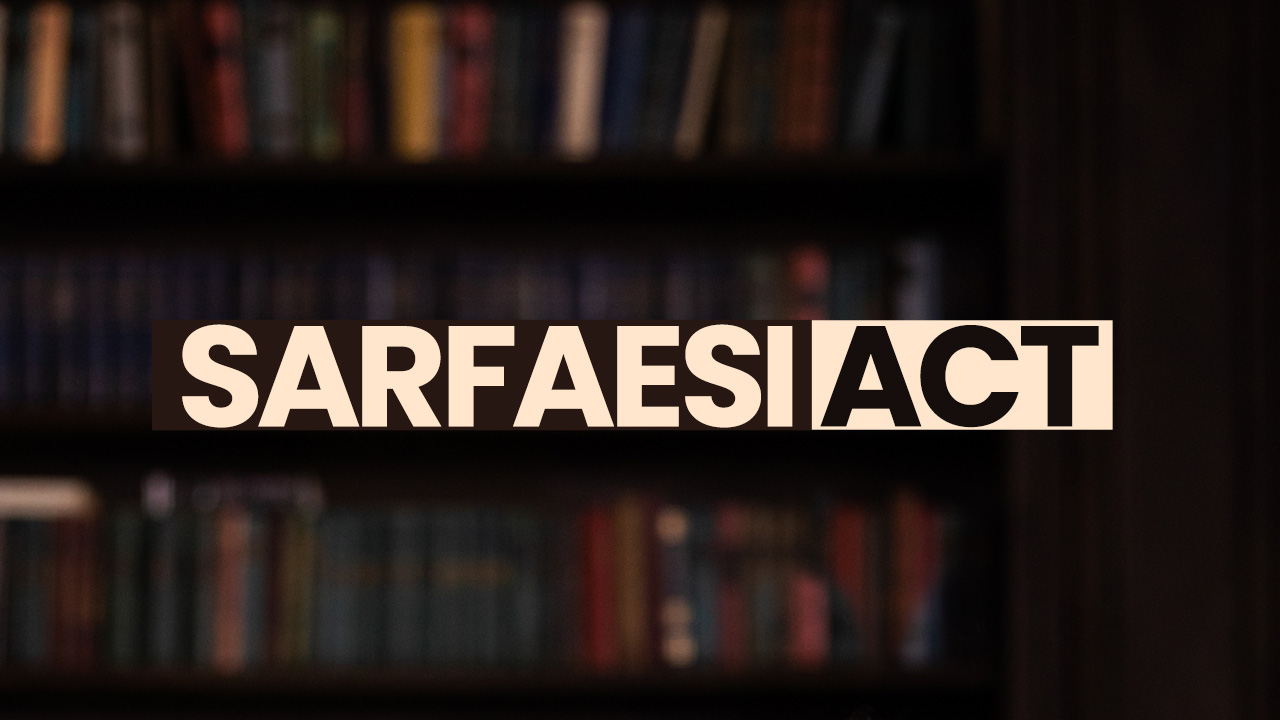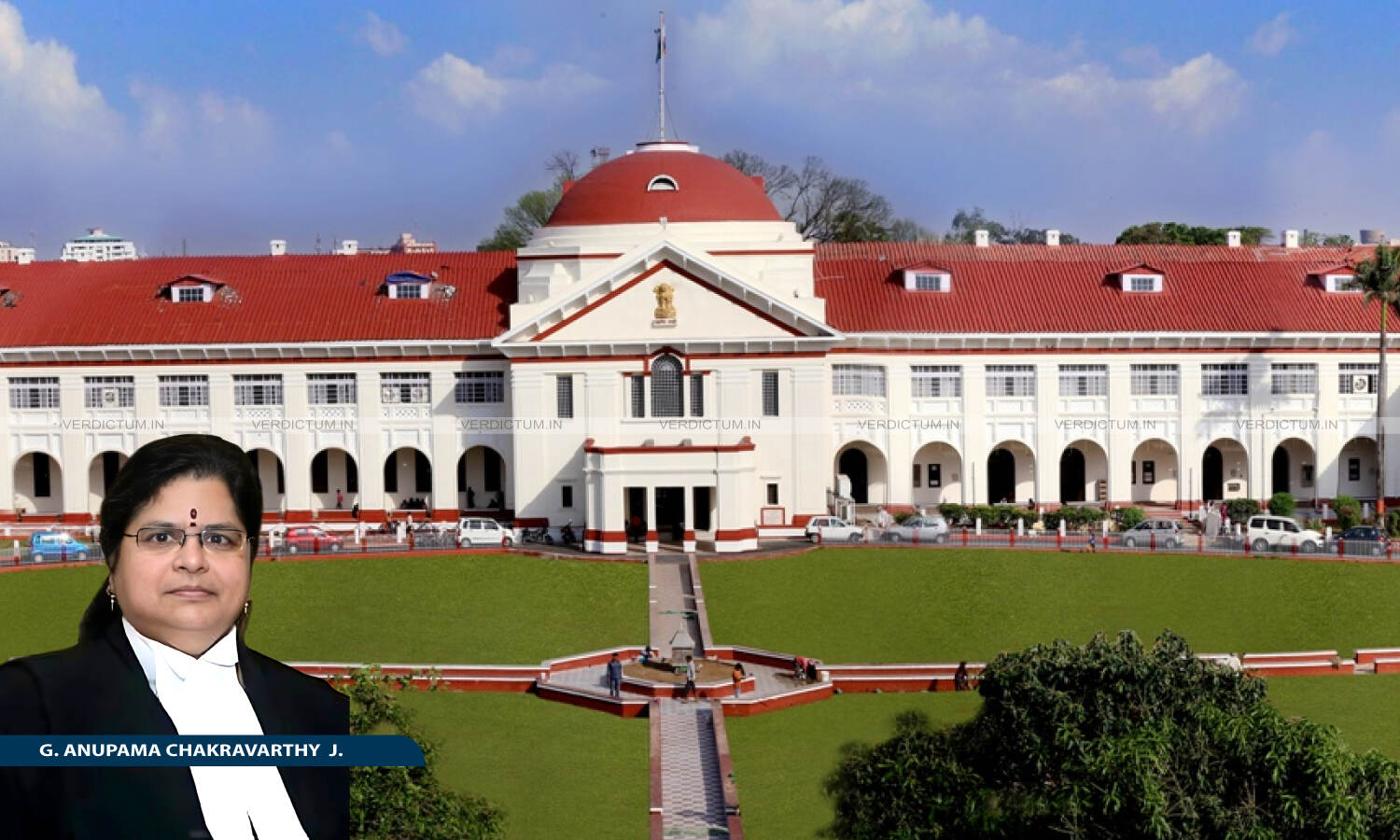Non-Compete Clause Can’t Curtail Right Of Employee To Get Employment After Notice Period: Delhi High Court


The Delhi High Court on Wednesday (June 25) held that terms of an employment contract that imposes a restriction on right of the employee to get employed post-termination of the contract are ‘void’, for contrary to Section 27 of the Indian Contract Act.
Section 27 declares agreements in restraint of trade as void.
Justice Tejas Karia held that after termination of employment, the non-compete clause can be invoked only to protect the confidential and proprietary information of the employer or to restrain the employee from soliciting the clients of the employer.
However, the bench added that an employee cannot be restrained from undertaking any employment in order to enforce the negative covenant.
“An employee cannot be confronted with the situation where he has to either work for the previous employer or remain idle. An employer-employee contracts, the restrictive or negative covenant are viewed strictly as the employer has an advantage over the employee and it is quite often the case that the employee has to sign standard form contract or not be employed at all,” it observed.
In the present case, Appellant was employed with the Respondent as a software developer and he was entrusted with a Project with Respondent’s Business Associate— Digital India Corporation.
Subsequently, the Appellant resigned from his job in the Respondent company and accepted the job offered by DIC after serving his notice period.
The Respondent objected to this switch by invoking the non-compete clause in Appellant’s employment contract. It alleged that Appellant had acquired specialized knowledge and technical skills relating to the Project developed by the Respondent and that his subsequent role relies on this confidential information, gained during his tenure with the Respondent.
It stressed that the bar under Section 27 is not absolute and may be rebutted if the restraint is shown to be reasonable and not excessive for both parties.
In the case at hand, the Respondent submitted, the negative covenant post-termination of Employment Agreement is reasonable as it restricts the Appellant from joining only DIC for three years post termination, allowing him to work elsewhere freely.
The Appellant on the other hand argued that any agreement with the object of restraining trade is void.
He contended that once the employment agreement ends, any restriction placed on a person’s ability to work or carry on their profession after that point is not enforceable under Section 27.
The Trial Court had passed an interim order restraining the Appellant from taking up employment with DIC on the ground that Respondent sought a ‘limited’ restrain to prevent the Appellant from working with its existing clients, with whom the Appellant had worked during the course of his employment with the Respondent.
Aggrieved, the Appellant had preferred this appeal.
At the outset, the High Court referred to American Express Bank Ltd. v. Ms. Priya Malik, (2006) where the High Court had held that right of an employee to seek and search for better employment are not to be curbed by an injunction even on the ground that the employee has confidential data.
“In the garb of confidentiality, the employer cannot be allowed to perpetuate forced employment. Freedom of changing employment for improving service conditions is a vital and important right of an employee, which cannot be restricted or curtailed on the ground that the employee has employer’s data and confidential information. Such a restriction will be hit by Section 27 of the ICA,” it was held.
Coming to the case at hand, the bench noted that the Impugned order had restricted the Appellant from working with DIC on an apprehension that the Appellant may disclose intellectual property, insider knowledge.
However, it noted that the scope of work between DIC and the Respondent was limited to providing the supply of manpower.
It further noted that the contractual term between DIC and the Respondent provided that the intellectual property right at the developed software code and related documentation shall belong to DIC.
“Hence, the apprehension of the Respondent that confidential information or intellectual property shall be shared with DIC is misconceived as the same already belongs to DIC,” the Court concluded and allowed the appeal.
Appearance: For the Appellant : Mr. Asav Rajan, Mr. Ajay Sharma, Mr. Mayank Biyani, Mr. Akash Saxena, Mr. Kashish Sharma & Mr. Devang Shrodriya, Advocates. For the Respondent : Mr. Divyakant Lahoti, Ms. Vindhya Mehra, Ms. Tanisha Verma, Mr. Raghav Saluja & Mr. Kartik Lahoti, Advocates.
Case title: Varun Tyagi v. Daffodil Software Private Limited
Case no.: FAO 167/2025





